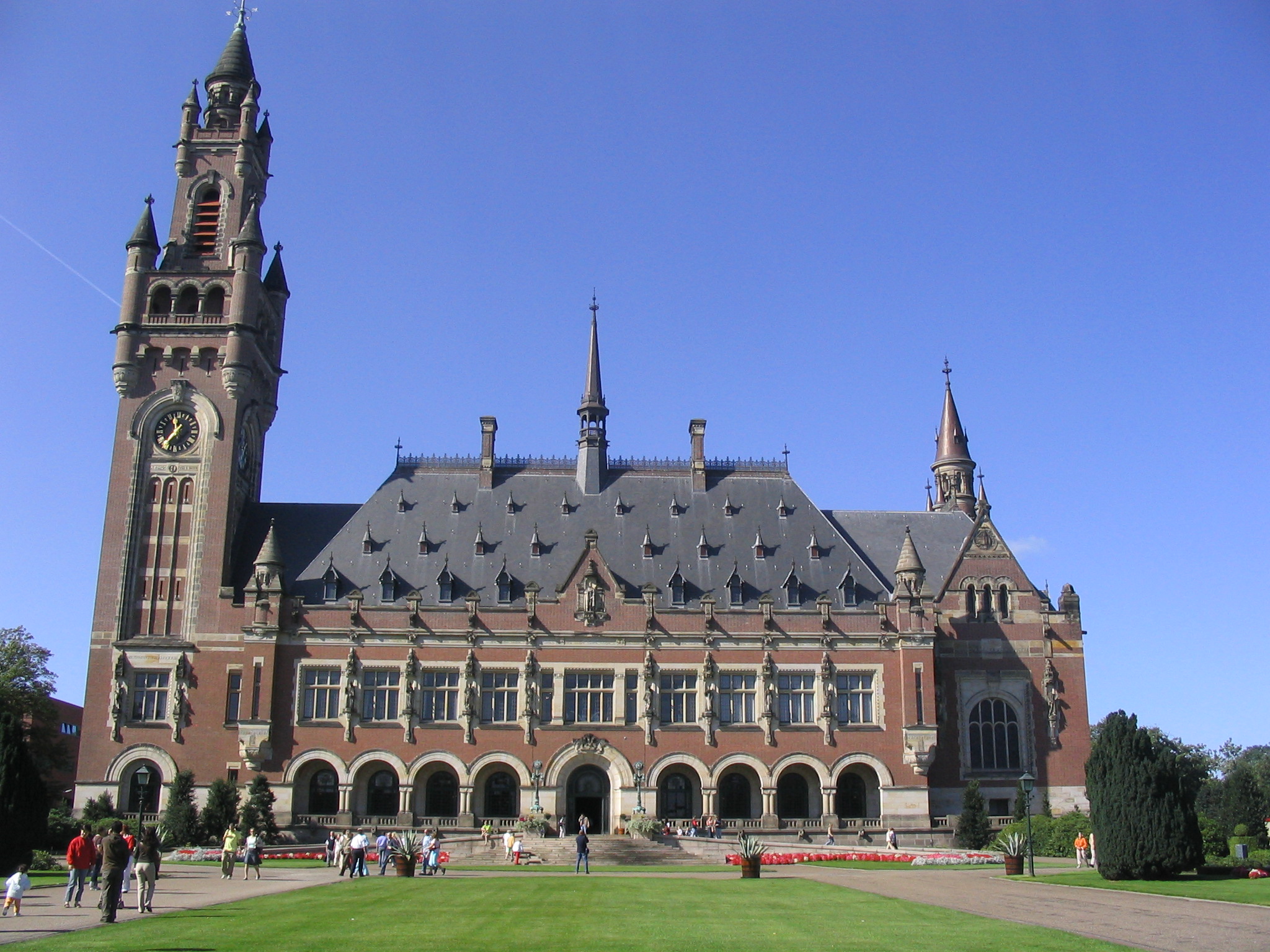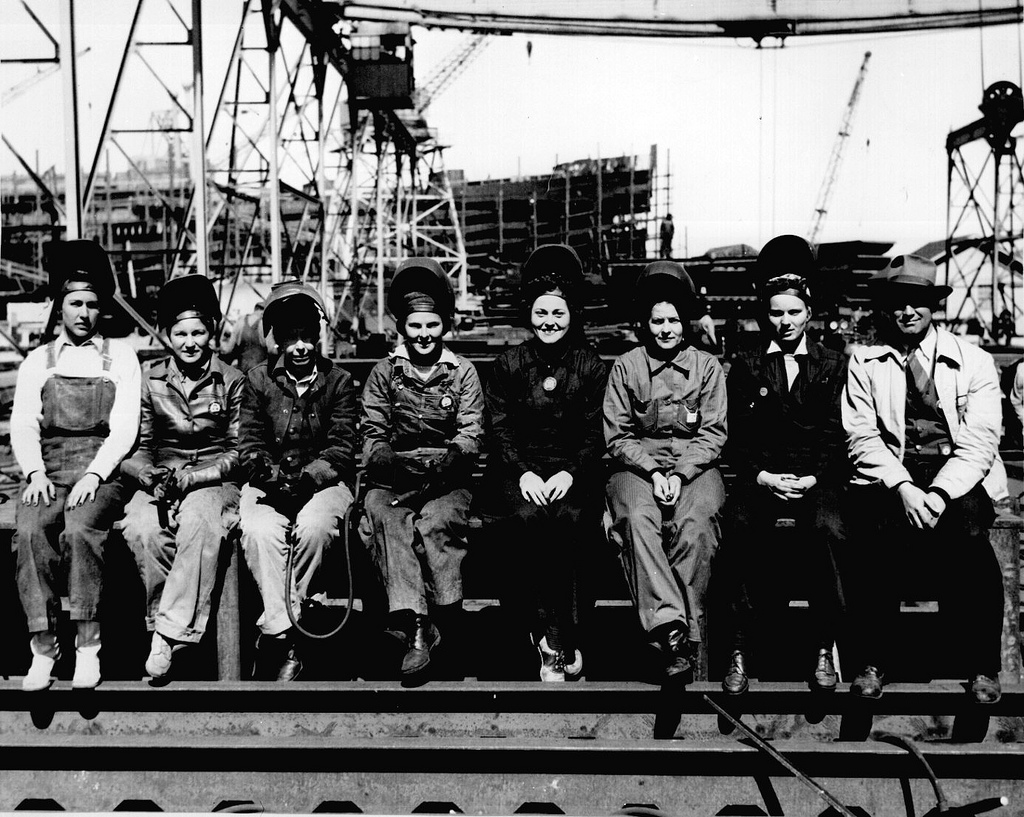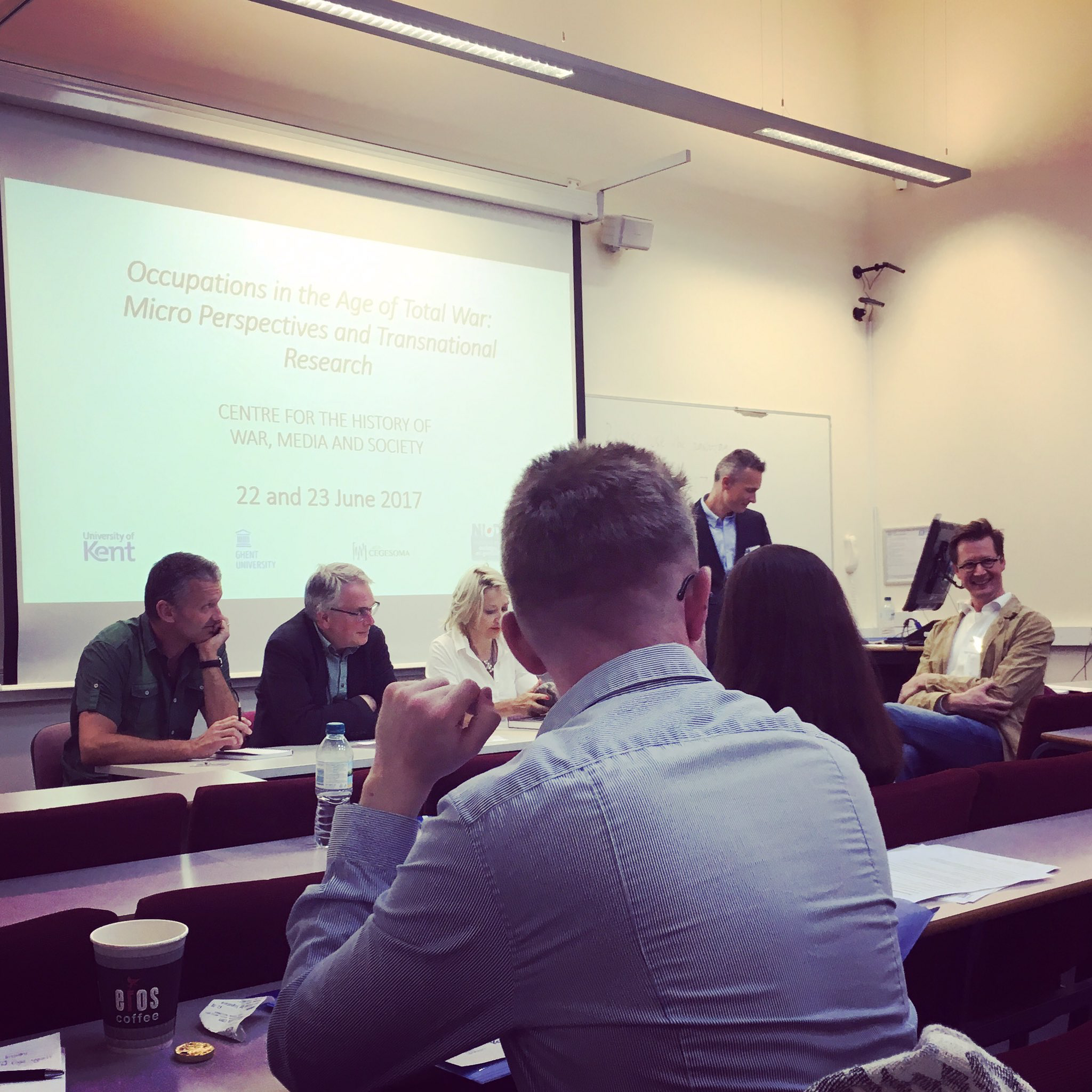In the history of warfare, neutrals rarely feature. When they do, they tend to be relegated to the peripheries, as marginal characters in a belligerent drama that takes centre stage. Unsurprisingly, then, ‘Neutrality Studies’ is not a well-established academic field, although there are more than a few scholars who specialise in neutrality. Still, no academic journal is dedicated to the subject, and no Anglophone academic publisher specialises in the field.
Leave a CommentTag: Total War
Written by Ellena Matthews.
Exploring space and place is a burgeoning field of historical enquiry. Indeed, the study of space is no longer solely the interest of geographers and social scientists, its application has broadened and the ‘spatial turn’ is becoming an important line of enquiry for historians. But, as Nicola Whyte has questioned, what does space do for our understanding of the past? Indeed, utilising a spatial methodology reminds us that spaces are complex, social and temporal; that they both shape social experience and are shaped themselves by the lived experience of individuals within them. Therefore, the study of space is integral to the study of history as it enables greater analysis to be placed upon the relationship between people, places and environments.
Leave a CommentWritten by Oliver Parken.
In Post D (1941), a loosely fictionalised account of his personal experiences as a London air-raid warden, John Strachey picked up on the extraordinary ordinariness of life during the Blitz. ‘What a domestic sort of war this is. It happens in the kitchen, on landings, beside washing-baskets…Even its catastrophes are made terrible not by strangeness but by familiarity’. For Strachey, it was war’s ability to transform once familiar spaces which defined its jarring nature.
Leave a CommentWritten by Oli Parken.
The Centre for the History of War, Media and Society welcomed colleagues across Europe and the US to the conference ‘Occupations in the Age of Total War: Micro Perspectives and Transnational Research’ in June 2017. The aim of the two-day event was to bridge the gap between structural and micro approaches to the occupational history of both world wars, pushing past conclusions made within national boundaries. The conference came in response to the publication of Nico Wouters’ monograph Mayoral Collaboration under Nazi Occupation: Belgium, the Netherlands and North France, 1938–46 (Palgrave Macmillan: Basingstoke/New York, 2016) (University of Ghent and CegeSoma). Thus, the papers given expanded on Wouters’ methodological innovation of approaching ‘occupations’ through the lens of the micro and macro in the age of ‘total war’.
Leave a Comment



